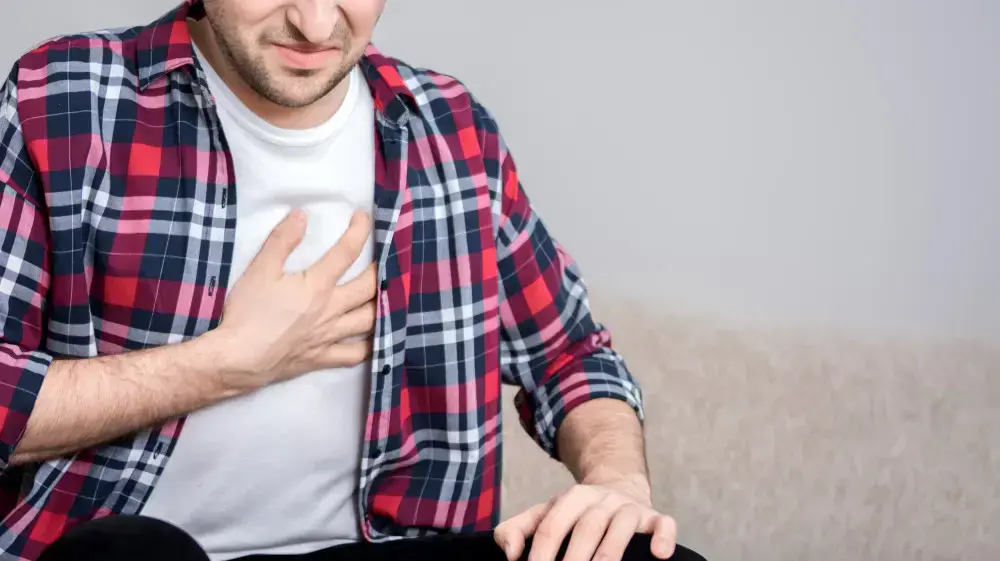Prof. Kobi Shaham explains what are the signs of a heart attack that should concern you and when it is important to quickly get to the emergency room/system and voila!
Not many know, but after the kitchen, the bathroom is considered the second most dangerous room in the house.
About 30 percent of the cardiac events outside the hospitals happen in the shower room and the toilet.
In a world where heart problems are the number one cause of death in the US and Europe, 1 out of 10 cardiac events that occur in this room - end in death.
"It all started a few years ago at the peak of a volunteer shift at MDA," says Aviv Eliyahu, a former medic at Magan David Adom and a master's degree student in the College of Administration's academic track who examined the issue.
"We received a call from a 14-year-old boy who found his father lifeless in the shower and tried to perform CPR on him. The boy left his father in the morning who was safe and sound and when he returned home from school he saw the worst of all. Unfortunately we had to pronounce the father dead on the spot."
According to Eliyahu, it turns out that this is not a coincidence: "This phenomenon intrigued me - this was not the first time we came to treat cardiac events that occurred in the toilet. We went to the head doctor of Magen David Adom, Dr. Eli Yaffe, and it turns out that there are many cases of the animals in the room Eliyahu
researched the issue and discovered that there is a nerve called the "vagus" that stretches between the skull and the intestines. When this nerve is stimulated by bowel activity, the probability of a heart attack increases due to a decrease in heart rate. Therefore, with intense bowel activity after eating or with intense activity in the bathroom, a heart attack can exist - precisely where people are with a closed door, without the presence of others.
Similarly - the risk also exists in the shower room. Studies show that showering in water that is too cold (water temperature below 21 degrees) or too hot (water temperature above 44 degrees) can also quickly affect the heart rate. Since the body's temperature adjusts quickly in the shower, this can put pressure on the arteries and capillaries. Furthermore, bathing in water that meets the body above the shoulder area or is significantly warmer than room temperature may also pose a risk to people Suffering from previous cardiological conditions such as high blood pressure or heart disease.
A man sits on a toilet/ShutterStock, woraatep suppavas
According to Eliyahu, who is currently participating in the college's innovation accelerator with the aim of finding a solution to the phenomenon, "there are several habits that can be adopted in order to reduce the dangers: avoiding immersion in water above chest height, avoiding a hot bath after consuming sleeping pills, placing the mobile phone on the counter just in case And it will be necessary to call for assistance and coordinate viewings with a family member or roommate for a normative period of time for a shower, and if the time passes - they will come to check on you."
These days Eliyahu initiated a technological system, Jessi, which can also provide a solution to the problem: "In order to maintain the privacy of the users, we use an RF sensor which is a kind of radar that scans the room and knows how to detect falls, measure pulse and breathing rate.
In extreme cases, the sensor that operates using artificial intelligence technology will report a fall to the household and the rescue forces and allow an immediate response - a critical component for the treatment of cardiac events."
One way or another, today's research literature indicates who is the population that needs to be especially careful: people without high blood pressure, patients Diabetes, people with a family history of heart disease and people over the age of 65. "Raising awareness of the phenomenon is an equally important step in solving it," Eliyahu concludes.
More on the same topic:
Heart Attack
heart diseases
Services

